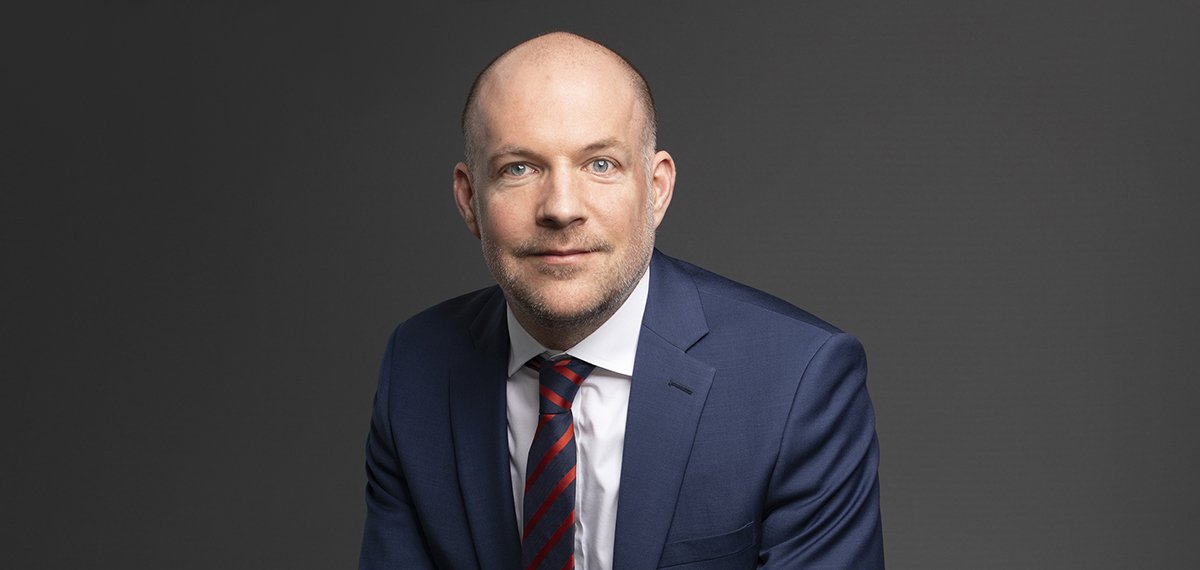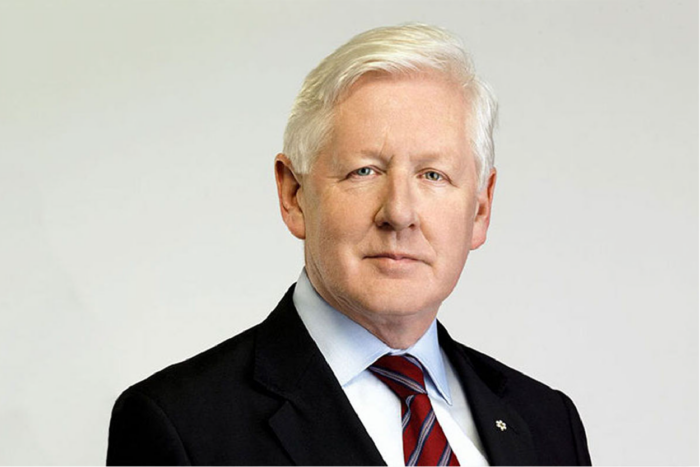Can Ana Bailão solve Canada’s housing crisis?
Build Canada Homes CEO Ana Bailão. ‘Affordable housing has always been more than policy — it’s a personal mission,’ Bailão said in a statement.
The Canadian government launched a new federal housing agency on Sunday and tapped Ana Bailão, a former Toronto city councillor, as its inaugural CEO, tasked with dramatically expanding the country’s supply of affordable homes.
The agency, Build Canada Homes, will oversee the construction of 4,000 dwellings on six federally owned sites as part of a $13 billion budget to accelerate affordable housing, according to a government backgrounder. Locations include Dartmouth, N.S., Longueuil, Que., Ottawa, Toronto, Winnipeg and Edmonton, with construction expected to begin next year.
Bailão’s appointment comes at a critical time for Canada’s housing crisis. The country needs 3.5 million additional housing units by 2030 to restore affordability, according to some estimates. In cities like Toronto, where the average one-bedroom apartment rents for more than $2,300 a month, affordable housing options are increasingly out of reach for middle-class families.
The government is betting Build Canada Homes will address these challenges by leveraging federal lands, streamlining funding and promoting innovative construction methods such as prefabricated and modular housing.
Personal mission
“Affordable housing has always been more than policy — it’s a personal mission,” Bailão, 49, said in a statement. “From my time in public office to my work in the private sector, I’ve seen firsthand how safe, stable housing transforms lives.”
Bailão’s path to public service started by working with city councillor Mario Silva as his executive assistant while completing a degree in sociology at the University of Toronto. She ran for council in 2003 but lost narrowly before winning a seat in 2010. As Deputy Mayor and Chair of Toronto’s Planning and Housing Committee, she led multiple initiatives to expand affordable housing.
“She was in the eye of the storm in Toronto, and now she's in the eye of the storm nationally,” Jennifer Keesmaat, Toronto’s former chief planner and CEO of Collecdev-Markee, told The Canadian Press. Keesmaat highlighted Bailão’s rare combination of public- and private-sector housing experience as a key asset for the new role.
Federation of Canadian Municipalities CEO Carole Saab posted on Linkedin that she was “very encouraged” by Bailão’s appointment. “With her deep municipal experience and proven private-sector record, simply put, she knows how to get things done.”
Bailão’s municipal tenure was marked by both innovation and controversy. In 2021, when city officials began evicting unhoused residents from encampments in parks across Toronto, she advocated for laneway housing and developed CreateTO, an agency to build affordable housing on city-owned lands.
Progressive model
Bailão then spearheaded the Dufferin Grove Pilot Project, a housing-first initiative near her own ward. The project moved 25 residents into permanent housing and another 88 into shelter hotels. “I was just really trying to listen to them, to see where they were coming from, and connecting with them,” Bailão told The Local. The program was later recognized by the city’s Ombudsman as a progressive leadership model.
She also worked to preserve existing affordable housing through the Multi-Unit Residential Acquisition program, which helps non-profits acquire private units to maintain them as permanent rentals. “It’s key for the social and economic health of the city,” Bailão said. “If we can’t have people, and especially workers, able to afford to live in the city, then what are you left with?”
After leaving city council in 2022, Bailão joined Dream Unlimited, a Toronto developer, as head of affordable housing and public affairs. There, she implemented creative models such as the West Don Lands project, in which 25% of units were affordable, and an Ottawa development on federal land where 41% of units were designated affordable in partnership with a non-profit. “For the non-profits, one of the issues they have is the predevelopment costs, which we did, so that was a huge help for them,” Bailão said at an event in 2024, according to Storeys.com.
Rent decreased by 59% of the average market rate by partnering with a non-profit.
Bailão believes the most important ingredients for creating affordable housing are partnerships, stacking programs, and being nimble. She also highlights the importance of government coordination and addressing the cost of construction, arguing that “the whole concept about growth paying for growth needs to be reimagined because I don't think we can continue to put the cost of infrastructure and the cost of growth on the backs of new homeowners and new renters.”
‘Too hard to build’
BCH will streamline permitting by giving the “green light” to bulk projects and continue programs like the rental protection fund. It will also include a $1 billion fund for transitional housing and “prioritize the use of cost-efficient and modern methods of construction, including factory build, modular and mass timber,” Prime Minister Mark Carney said at a press conference in Ottawa to unveil the agency. “The core challenge present in the housing market is it’s just too hard to build.”
Still, Conservative critics have labeled the agency as bureaucratic. “It is yet another Liberal boondoggle that will cost Canadians a fortune and will solve nothing,” Scott Aitchison, the party’s housing critic, told The Canadian Press.
Sean Speer, editor-at-large of The Hub and former economic adviser to former prime minister Stephen Harper, is skeptical of the agency’s usefulness.
“By reframing the challenge as primarily one of non-market production, Build Canada Homes essentially guarantees under-performance. It addresses a narrow segment of housing while the wider market remains constricted. If your policy won’t move the big levers—zoning, approvals, and fees—you shouldn’t expect big results,” he wrote.
The question is whether Bailão, known for practical, partnership-driven solutions, can tackle one of the country’s most pressing and persistent social and economic issues.
She doesn’t lack confidence. “I came to council to get things done,” Bailão told The Local in a May 2023 article about the Toronto Mayoral race, reflecting on her tenure at City Hall. “When I started, I couldn’t get a headline on affordable housing. We brought the city back into the housing business. And it’s getting results. For me, it’s always about getting results.”






